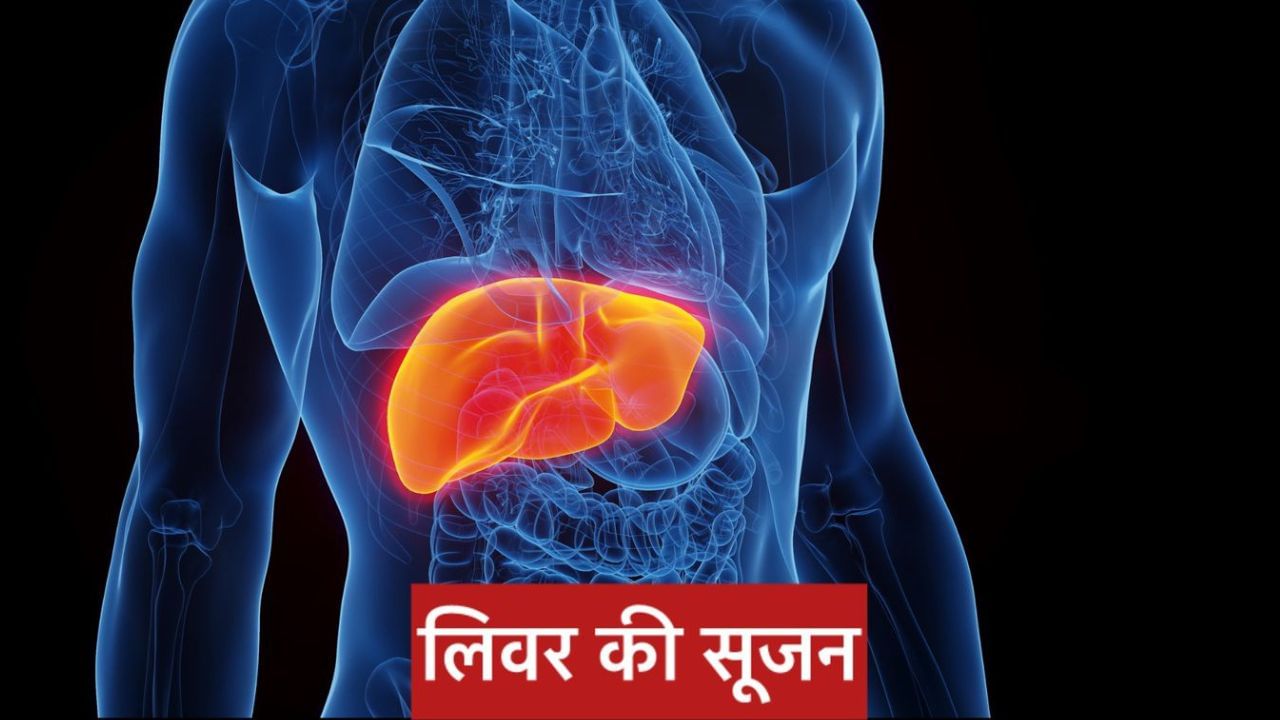Early symptoms of liver inflammationImage Credit Source: Getty Images
Liver inflammation: Liver inflammation or hepatic inflammation occurs when the liver tissue causes irritation or inflammation. This condition can occur for several reasons, such as hepatitis, excessive alcohol intake, fatty liver disease, junk food and unhealthy lifestyle. In addition, excessive use of some drugs or autoimmune diseases can also cause liver inflammation. Due to inflammation, the liver is not able to function properly and toxins start accumulating in the body. In the initial stages, it is difficult to identify liver inflammation, as its symptoms can look light and normal.
Liver is a very important part of the body, which works to filter toxins, help digestion and give energy to the body. When there is swelling in the liver, its functioning is affected, due to which toxins can accumulate in the body and digestion is also not done properly. Due to prolonged inflammation, there can be serious problems like liver cirrhosis, liver failure, blood clotting problem and swelling in the body. Apart from this, complaints like fatigue, weakness, loss of appetite and abdominal pain also become common. Therefore, treatment and care is very important in time.
What are the initial symptoms of liver inflammation?
Early symptoms of liver inflammation are often mild and can be easily ignored. Common signs include fatigue, weakness, loss of appetite, mild pain or heaviness in the upper right part of the abdomen, and abnormal weight changes. Some people may also show yellowing of the skin and eyes, swelling in the stomach, ges, indigestion or vomiting, and heaviness at the time of eating. It is very important to identify these initial signs in time and consult a doctor, so that the problem of liver does not take serious form. In addition, persistent or increasing symptoms such as severe fatigue, sudden weight loss or frequent vomiting may also be a sign of a serious problem of liver. Therefore, do not ignore any unusual change and get it checked on time.
How to rescue
Avoid alcohol and smoking completely.
Eat rich in nutrients.
Avoid junk food and more oily food.
Include exercise and yoga in the routine.
Drink enough water.
From time to time, check the liver and get a blood test done.
Contact the doctor immediately if any unusual symptoms appear.
